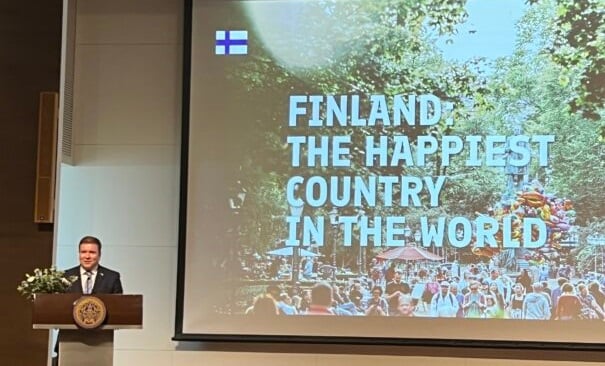Majority small-scale companies in the tourism and hospitality industries in Tanzania are facing a bleak future as they finding it difficult to comply with a tax regime.
Players say the Value Added Tax (VAT) in particular, is likely to kick-out the SMEs in the tourism and hospitality business if the Tanzania government doesn’t revisit its administration.
Tanzania Association of Tour Operators (TATO) and Hotels Association of Tanzania (HAT) say a majority of their members are concerned with the VAT treatment of deposits or advance payment in the tourism business.
“Majority members were finding it very hard to work out the accounting complexities of paying VAT on deposits” TATO CEO, Mr. Sirili Akko told e-Turbonews shortly after their extraordinary meeting in Arusha recently.
He added: “Smaller tour operators and hoteliers don’t necessarily have access to high-level finance staff and therefore were at a loss as to how to deal with the issue in a compliant manner”
Players say that though it makes no difference to the total amount collected by the Tanzania Revenue Authority (TRA), it vastly increases the complexity of the accounting and the difficulty of the administration of this for both the companies and the revenue authority.
“It is a widely held belief that clear and straightforward tax regimes help revenue authorities to maximize compliance, as well as helping to increase the tax base by encouraging further investment” Mr. Akko explains.
The TATO and HAT members meeting agreed to set up a technical committee to clarify the challenges and prepare a plan to meet with the Ministry of Finance to agree a way forward that would ensure that payment and administration of VAT is as straight forward as possible.
“Both TATO and HAT can then educate and help all of their members to be as compliant as possible” chipped in HAT CEO, Ms. Nuralisa Karamagi.
“The majority of players in tourism and hospitality industries consider the provision of section 15 of the VAT Act, 2014 to be problematic when receipts of deposits trigger it” Dr. Deogratius Mahangila who undertook the study notes.
First, he says, a deposit in the tourism sector indicates that the client is committed to traveling and therefore, the operator has to confirm the need for accommodation, transfers, flights, and vehicles with suppliers and the suppliers ought to reserve the space for these bookings.
According to the respondents’ opinions, the pre-payment is not a consideration for the supply, as a deposit is used to secure space on behalf of a customer—typically accommodation, vehicles or seats on airplanes.
“It is a commitment as these spaces are limited in supply and therefore require prior booking,” Dr. Mahangila says, adding: “Typically, any deposit made will be deducted from the final payment due, but the exact nature of the service can and does change after a pre-payment has been made”.
Indeed, deposits are not income. The tourism sectors essentially hold this money in trust for their client for the future service and therefore the money remaining after the service is rendered, becomes income for tour operators.
The government had in December 2017 reviewed the Tanzania Tourism business License popularly known as Tala to attract local SMEs in the formal sector in a bid to expand its tax base.
Before the government’s decision, many briefcase firms clandestinely provided services to tourists to evade tax and often to con their customers at the expense of the country’s tourism image.
WHAT TO TAKE AWAY FROM THIS ARTICLE:
- First, he says, a deposit in the tourism sector indicates that the client is committed to traveling and therefore, the operator has to confirm the need for accommodation, transfers, flights, and vehicles with suppliers and the suppliers ought to reserve the space for these bookings.
- The TATO and HAT members meeting agreed to set up a technical committee to clarify the challenges and prepare a plan to meet with the Ministry of Finance to agree a way forward that would ensure that payment and administration of VAT is as straight forward as possible.
- Players say that though it makes no difference to the total amount collected by the Tanzania Revenue Authority (TRA), it vastly increases the complexity of the accounting and the difficulty of the administration of this for both the companies and the revenue authority.





















